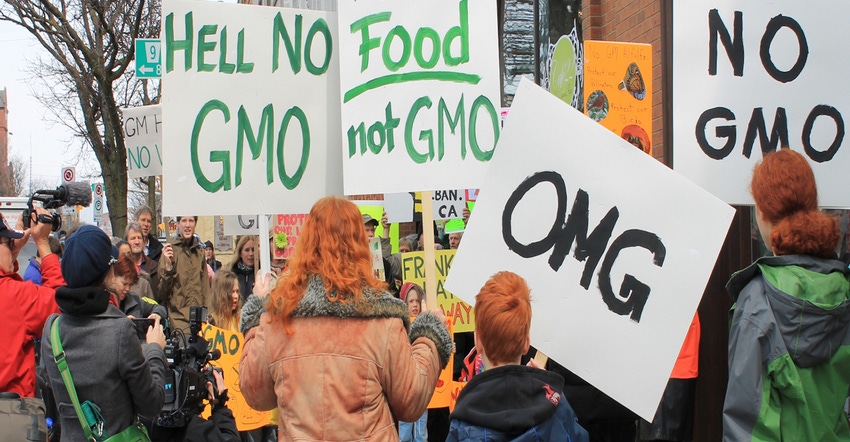
I recently interviewed Drew Haines, a grain farmer from Middletown, Md. The guy is not afraid to try new things to grow more corn on the same acreage, whether it’s changing his fertility program or going with a new corn hybrid. Haines has one goal: making more money to survive.
Last year, Haines was the top corn grower in the state with 341 bushels of corn in his NCGA corn plot. In his home of Frederick County, where much of the farmland is being developed, growing more with less is a necessity.
Many farmers in our region are in the same boat. There is less land to farm, and the land that is available is either too close to homes or is too costly to buy or rent.
So, farmers have been growing more with less. Corn yields have steadily increased over the years due to improved genetics and breakthroughs in technology. USDA data show that over the past 10 years milk production per cow has increased 12%.
But farmers are also fighting a negative perception that modern farming is unhealthy, unnatural and leads to unintended consequences like increased greenhouse gas emissions.
Science, though, seems to be on the farmers’ side. A recent study by University of Cambridge researchers found that more intensive farming on the same acreage is the best way to increase food production while conserving more natural habitats.
The study analyzed results from other studies done on Asian paddy rice, European wheat, Latin American beef and European dairy.
While researchers acknowledged the data was limited, they found that intensive farming systems were less ecologically damaging and used less land than other systems.
For example, organic dairy systems in Europe caused at least one-third more soil loss and took up twice as much land as conventional systems for the same amount of milk produced. Researchers also found that greenhouse gas emissions per ton of beef could be cut in half by simply adding more shade and forage for cattle.
High-yield strategies include enhanced pasturing systems, use of chemical fertilizers and keeping dairy cows indoors for longer.
Intensive farming is not the only answer to solving the challenge of producing more food on less acreage. Researchers said strict land-use zoning and restructured rural subsidies should be encouraged to help conserve more natural habitats for animals and plant life.
There is never going to be a one-size-fits-all solution to how a farm should be run. There is room for everyone, including small farms operating community-supported agriculture ventures, organic farms and others.
But farmers like Haines should take solace in the fact that science is backing them up. And they should be proud of what they do, not ashamed.
About the Author(s)
You May Also Like






